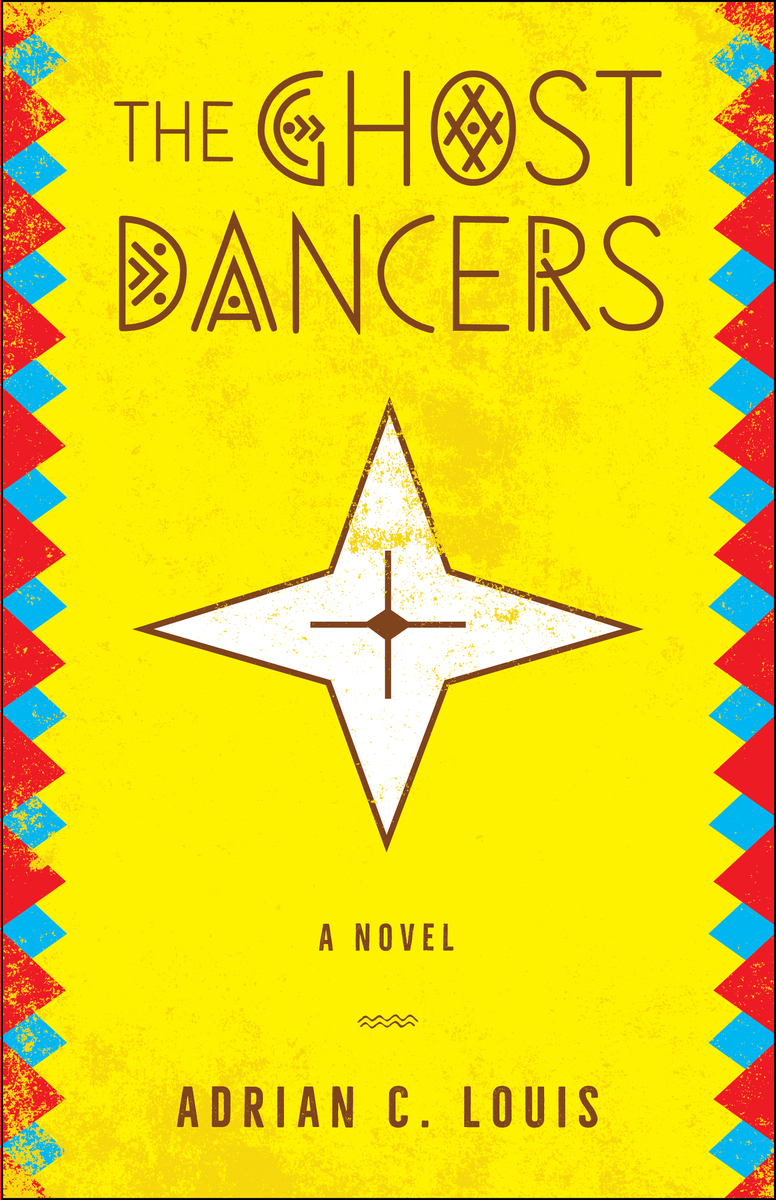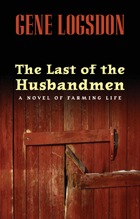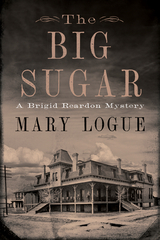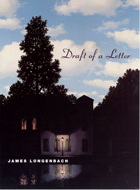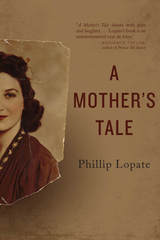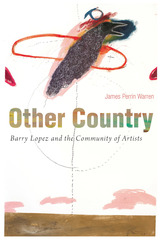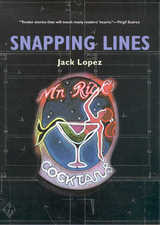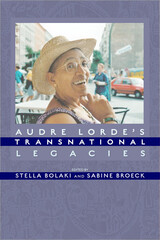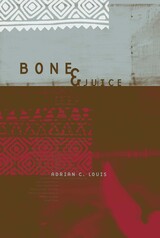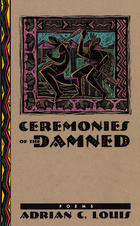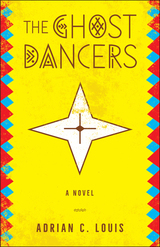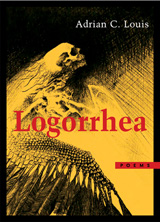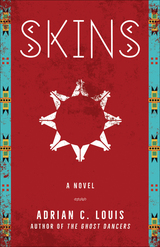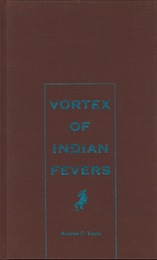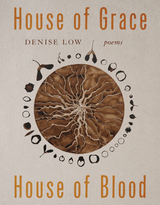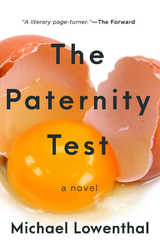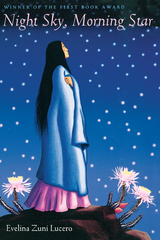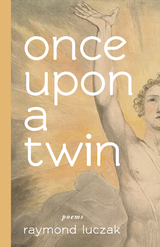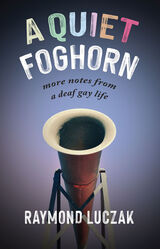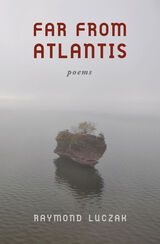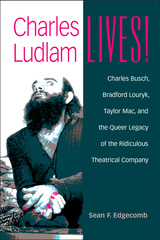Cloth: 978-1-64779-024-0 | eISBN: 978-1-64779-025-7
Library of Congress Classification PS3562.O82G48 2021
Dewey Decimal Classification 813.54
Adrian C. Louis’s previously unpublished early novel has given us “the unsayable said” of the Native American reservation. A realistic look at reservation life, The Ghost Dancers explores—very candidly—many issues, including tribal differences, “urban Indians” versus “rez Indians,” relationships among Blacks, Whites, and Indians, police tactics on and off the rez, pipe ceremonies and sweat-lodge ceremonies, alcoholism and violence on the rez, visitations of the supernatural, poetry and popular music, the Sixties and the Vietnam War, the aims and responsibilities of journalism, and, most prominently, interracial sexual relationships. Readers familiar with Louis’s life and other works will note interesting connections between the protagonist, Bean, and Louis himself, as well as a connection between The Ghost Dancers and other Louis writings—especially his sensational novel Skins.
It’s 1988, and Lyman “Bean” Wilson, a Nevada Indian and middle-aged professor of journalism at Lakota University in South Dakota, is reassessing his life. Although Bean is the great-grandson of Wovoka, the Paiute leader who initiated the Ghost Dance religion, he is not a full-blood Indian and he endures the scorn of the Pine Ridge Sioux, whose definition of Indian identity is much narrower. A man with many flaws, Bean wrestles with his own worst urges, his usually ineffectual efforts to help his family, and his determination to establish his identity as an Indian. The result is a string of family reconnections, sexual adventures, crises at work, pipe and sweat-lodge ceremonies, and—through his membership in the secret Ghost Dancers Society—political activism, culminating in a successful plot to blow the nose off George Washington’s face on Mount Rushmore.
Quintessentially Louis, this raw, angry, at times comical, at times heartbreaking novel provides an unflinching look at reservation life and serves as an unyielding tribute to a generation without many choices.
See other books on: American Indian Movement | Louis, Adrian C. | Own Voices | Pine Ridge | South Dakota
See other titles from University of Nevada Press
